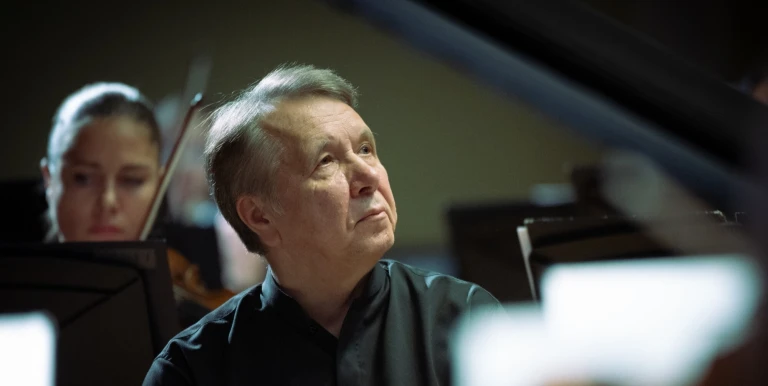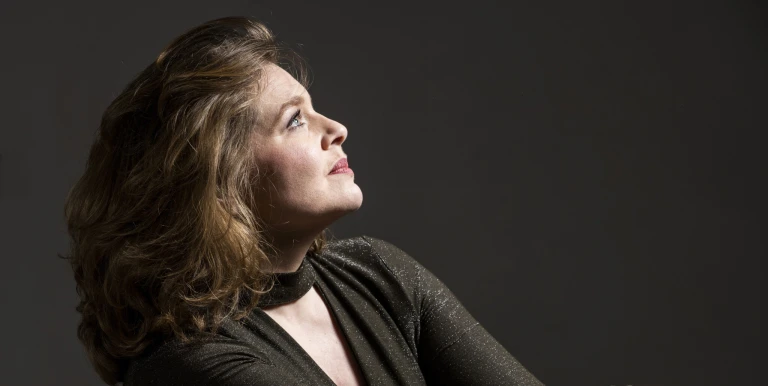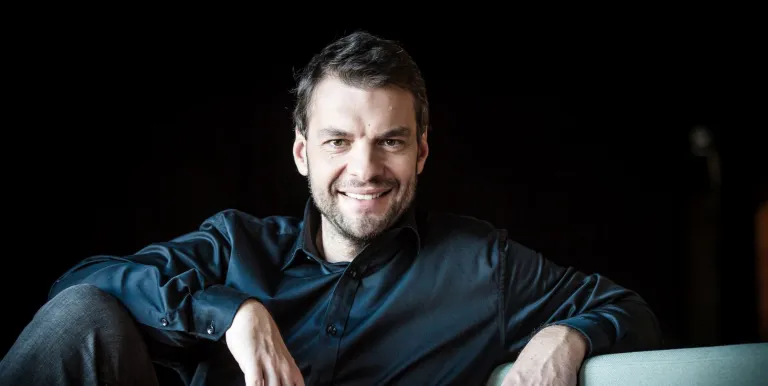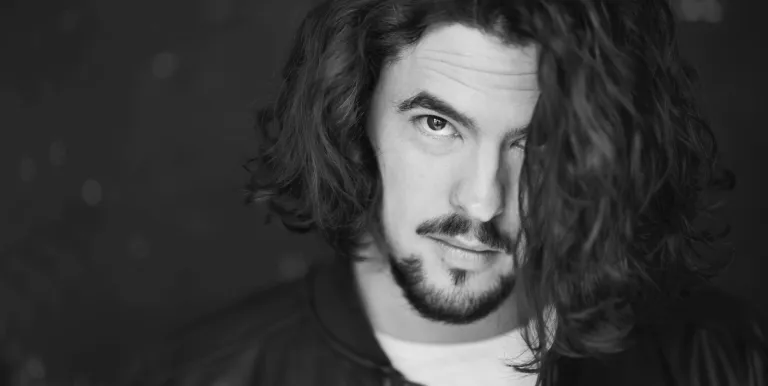one interval
Conductor:
Featuring:
Tchaikovsky
Piano Concerto No. 1 in B-flat minor, Op. 23
Beethoven
Symphony No. 9 in D minor, Op. 125
This spiritual musical journey that Concerto Budapest and their music director, András Keller, invite us to take with them before Christmas will bring us from darkness to light, and from drama to a celebration of joy. After all, both Tchaikovsky's most famous - and one of the most famous in all of music history - piano concertos and Beethoven's final symphony are sublime pieces of music, and both of them convey the idea of all humankind, both as individuals and nations, becoming brothers and sisters. Aiding in this worthy celebration as soloists will be Mikhail Pletnev, one of the key pianists and conductors of our time and an expert on performing Russian music, along with some outstanding singers from the Hungarian opera world.
The two masterpieces featured in Concerto Budapest's concert leading up to Christmas share many characteristics. Beethoven's close friends were puzzled as they watched the birth of the Ninth Symphony, and his pupil Carl Czerny, for example, was expressly opposed to employing a choir and vocal soloists in the composition. Tchaikovsky and his piano concerto were rejected by the artist to whom he had dedicated it, his friend Nikolai Rubinstein, who said, "The banalities must be eradicated and some unplayable parts made playable.” Neither Czerny nor Rubinstein proved correct, for in the end both works were performed in the form conceived by their unyielding authors and went on to achieve enormous and unflagging success to this day. While Beethoven's symphony starts out of nothingness, out of chaos, before reaching the ethereal loftiness of Schiller's Ode to Joy, Tchaikovsky's piano concerto progresses from dramatic hammer-pounding to the festive dance music of the finale, into which the Russian composer incorporated treatments of Ukrainian folk music. What could this be, if not an expression of the brotherhood of all the peoples of the world? And the message of Beethoven's music is made clear in the text: "Let all men be brothers.” One could wish for nothing more on the holiday in celebration of love.
Presented by: Concerto Budapest
-
We wish to inform you that in the event that Müpa Budapest's underground garage and outdoor car park are operating at full capacity, it is advisable to plan for increased waiting times when you arrive. In order to avoid this, we recommend that you depart for our events in time, so that you you can find the ideal parking spot quickly and smoothly and arrive for our performance in comfort. The Müpa Budapest underground garage gates will be operated by an automatic number plate recognition system. Parking is free of charge for visitors with tickets to any of our paid performances on that given day. The detailed parking policy of Müpa Budapest is available here.











